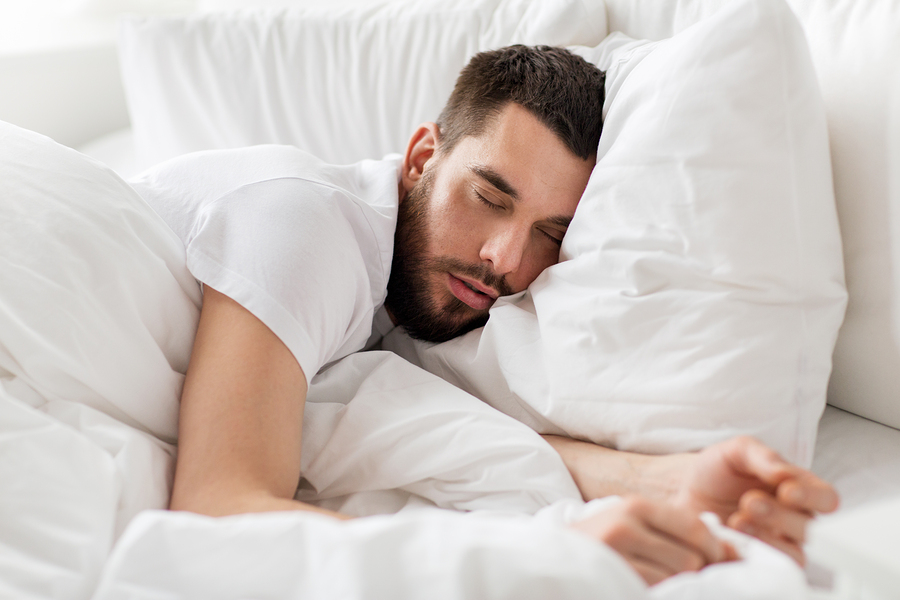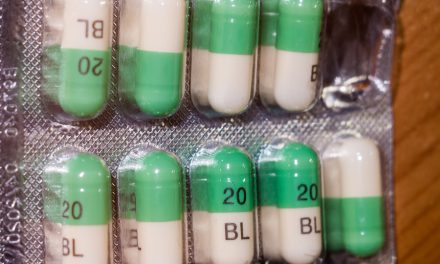A team of researchers from Rutgers University gave 17 subjects sleep-monitoring devices (headbands to monitor brain waves, wristbands to track arm movements, and sleep logs) and sent them home. Their instructions were to sleep as normal for a week. Researchers wanted to know how much sleep the subjects were getting and especially how much REM sleep they were getting. (On average we get about two hours of REM sleep and it is this stage of sleep where our bodies relax the most and where most of our dreams occur.)
“The researchers then conditioned the participants to be afraid of certain images by showing them pictures of ordinary-looking rooms lit with lamps of various hues, some of which were paired with a mild shock to the finger. Through the shocks, they were taught to fear the rooms that were lit by certain colors.
During the fear-learning task, the subjects who spent more time in REM sleep had less connectivity between their amygdala, or fear center of the brain, and the ventromedial prefrontal cortex and hippocampus, brain regions responsible for encoding memories. The subjects with more REM sleep also had less activity in those areas of the brain. That suggests that the more well-rested subjects may not have been hard-wiring those fears into their brains quite as strongly.
The researchers then replicated the results by repeating the experiment with a sleep-study device—one that’s usually used to measure sleep apnea—that subjects used for a single night.”2
RELATED STORY:
We already know that people who suffer from PTSD also have sleep disturbances and there have been some studies showing that sleep-deprived people have more activity in their amygdalae when shown upsetting pictures. But it’s the why that researchers wanted answers to.
Well, one potential reason is that stress hormones are low during REM sleep which allows the brain to “activate memories yet strip away their ’emotional tone,'”3 thereby allowing people who get plenty of REM to be less reactive to emotional stimuli. Another reason, explained by Shira Lupkin, one of the study’s authors and a researcher with the Center for Molecular and Behavioral Neuroscience at Rutgers University is that “…this allows you to wipe the slate clean before you start again the next day. If you have less REM, then you have less of an opportunity to reduce your overall levels of norepinephrine, which will make you more reactive the next day to a given stimulus.” 4
RELATED STORY:












